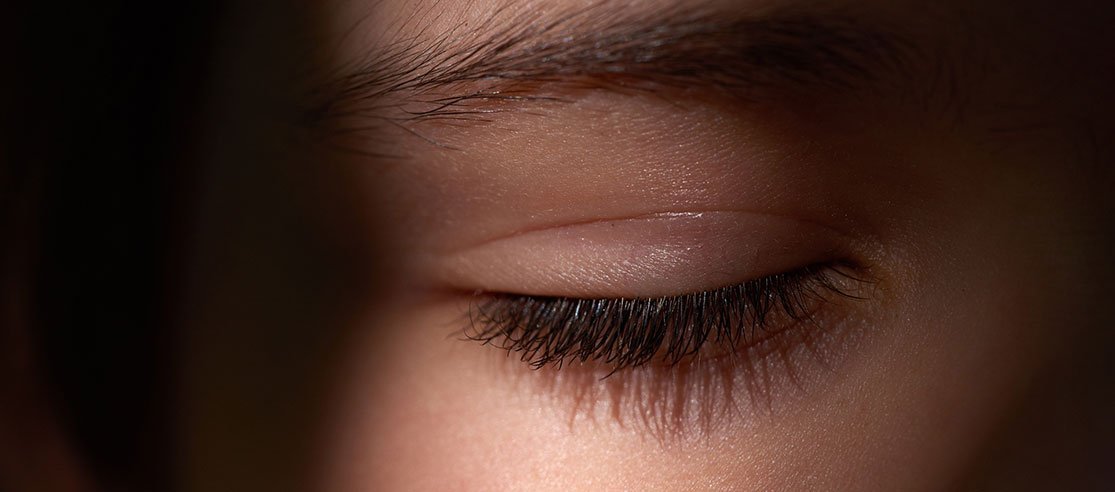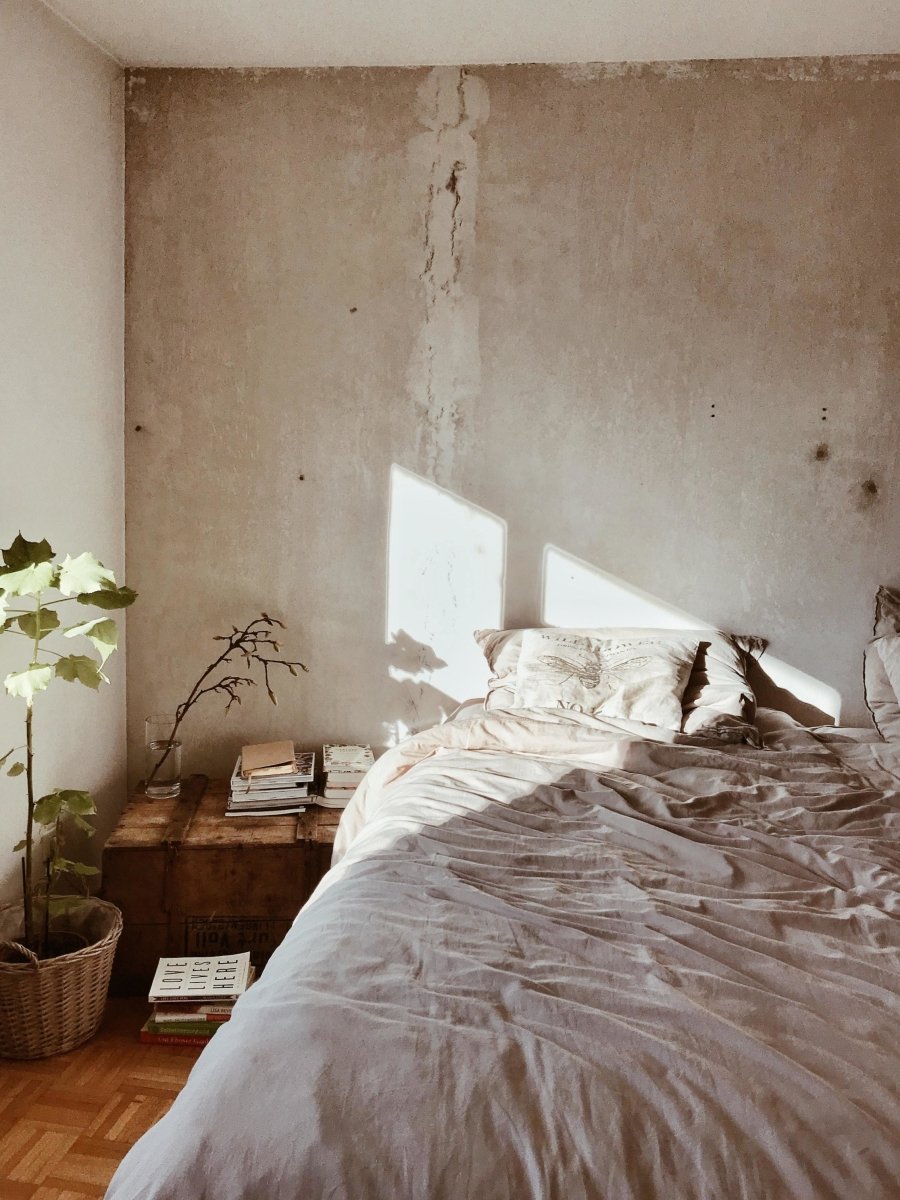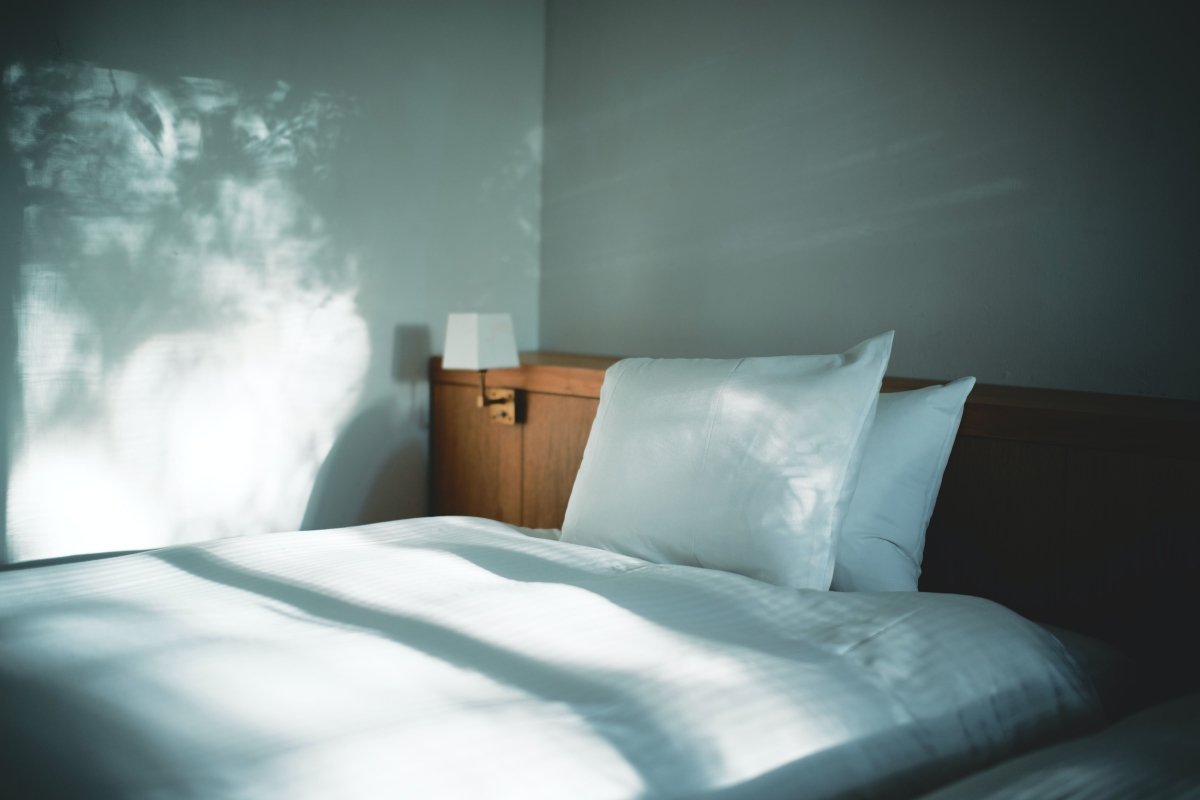
Why sleep is the ultimate skincare solution
When we think of skincare, most of us think about a routine involving moisturisers, cleansers, toners, and so much more. Taking care of your skin is a lot more involved than a skincare routine, research has shown that having a healthy and balanced diet does more for your skin than any routine (1). However, a healthy diet isn’t the only lifestyle change that can have an impact on your skin. It turns out that the best thing you can do for your skin is to get a good night of sleep.
The negative impact of sleep on skin health
- A bad night of skin can have detrimental effects on our skin. Research published in the journal, Sleep, showed that even after one night of poor sleep, “the faces of sleep deprived individuals were perceived as having more hanging eyelids, redder eyes, more swollen eyes, darker circles under the eyes, paler skin, more wrinkles/fine lines, and more droopy corners of the mouth,”(2). One bad night of sleep can have negative long-term impacts on the health of your skin.
- Furthermore, according to research, there is a distinct link between a good quality of sleep and lower skin ageing scores. “At 24 h after exposure to ultraviolet light, good sleepers had significantly better recovery… Good sleepers also reported a significantly better perception of their appearance and physical attractiveness compared with poor sleepers,”(3). Surprisingly, sleep is an important factor in how we perceive ourselves and how others perceive us. In a 2017 study, researchers found that “restricted sleep affects facial appearance negatively and decreases others' willingness to socialise with the sleep-restricted person,”(4).
- One of the biggest complaints for the impacts of sleep deprivation on the skin is the under-eye bags that plague people who have had a poor night of sleep. It turns out that the way you sleep could be contributing to these darker under-eye circles. According to dermatologists, if you sleep on your side or stomach, it can, “encourage fluids to collect under your eyes. If you’re a side sleeper, you may notice a heavier bag on the side you sleep on. Patients who wake up with puffy eyes can sleep on their backs and add an extra pillow under the head,”(5). Simply changing the way you sleep can change the way your skin reacts the next morning.

Sleep and the restoration of skin
Sleep is a restorative act. While you sleep, your body carries out a number of actions that remove waste from your body, restore daytime damage, and produce preventative measures. Research has shown that while you sleep, the brain clears out waste products like amyloid beta, it consolidates memories to enhance problem-solving and creativity, melatonin is produced, levels of the stress hormone cortisol drop at night, which helps to repair damage, collagen is produced, reducing fine lines and wrinkles, and growth hormones are released which help to increase muscle mass and strengthen the skin (6). Not only does your body carry out all of these actions, it also grows new skin cells and repairs any damage to the skin while you’re asleep. “Cell mitosis—cell division that renews and repairs skin—is at its peak”(7,8) during the night.
Cell mitosis—cell division that renews and repairs skin—is at its peak during the night.
By taking care of your sleep health, it allows your skin to recover and restore itself, leaving you beautiful and radiant. However, it’s important to keep in mind that sleeping isn’t just helpful for your skin, it’s integral and foundational for all aspects of your health. For tips on how to get a more restful and restorative sleep, take a look at some of our other articles below.
And for a little help, try our Recovery + Sleep Essential Oil Blends, which contain essential oils known to help achieve deeper, more restorative sleep. Or try our avocado Illuminating Face Oil, which is most potent when used at night.
1. https://www.ncbi.nlm.nih.gov/pmc/articles/PMC4106357/
2. https://academic.oup.com/sleep/article/36/9/1355/2453883
3. https://pubmed.ncbi.nlm.nih.gov/25266053/
4. https://royalsocietypublishing.org/doi/full/10.1098/rsos.160918#d3e1144
5. https://www.mdedge.com/dermatology/article/97850/dark-circles-under-eyes
6. https://webcache.googleusercontent.com/search?q=cache:Pp_LFBKNXPYJ:https://www.dermalogica.com/the-science-of-sleep-%2528and-skin%2529/the-science-of-sleep-and-skin,default,pg.html+&cd=12&hl=en&ct=clnk&gl=uk
7. https://www.thehealthy.com/beauty/face-body-care/whats-happening-to-skin-during-sleep/
8. https://jddonline.com/articles/dermatology/S1545961614P0130X




